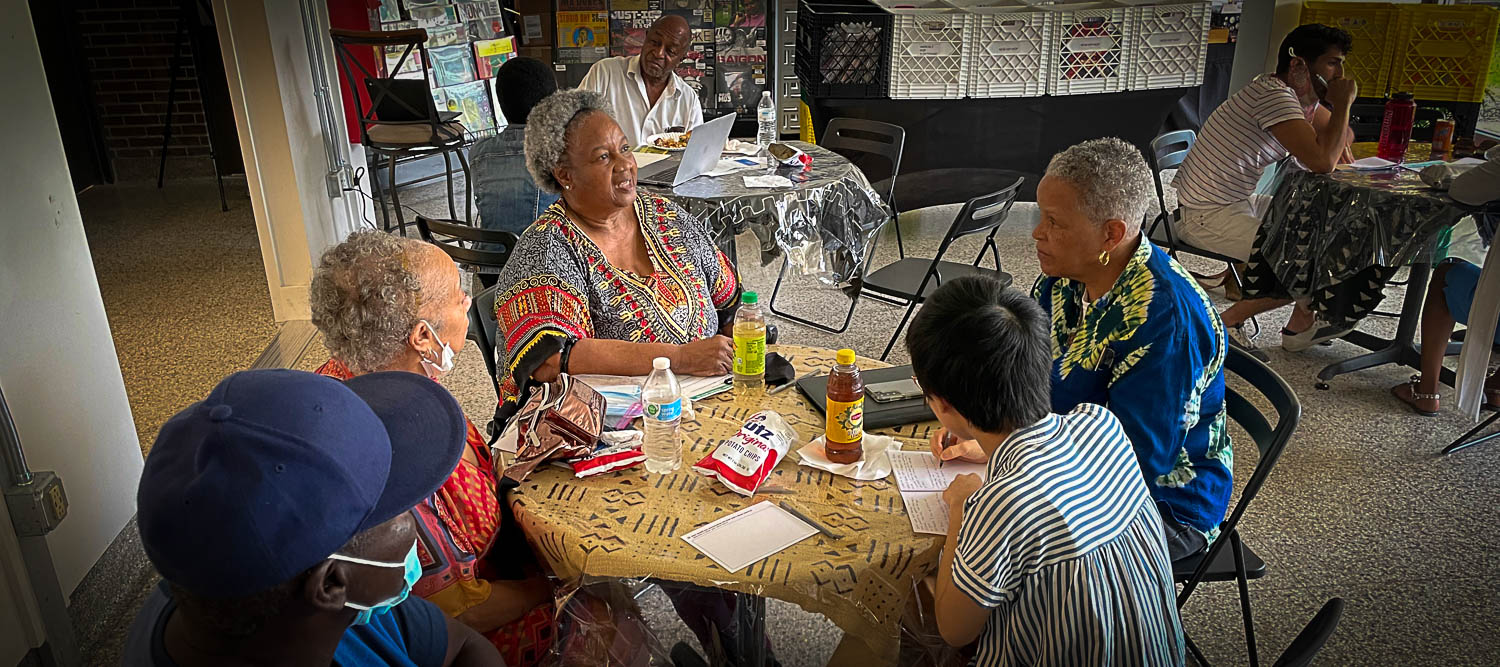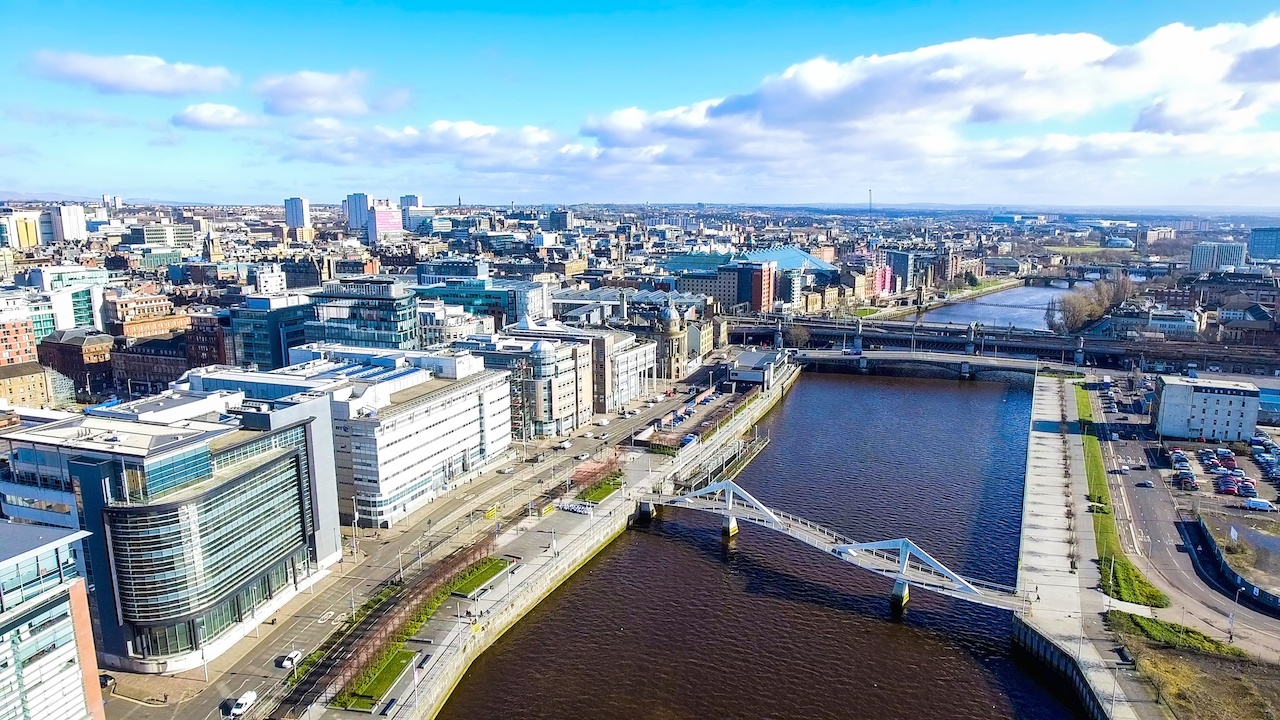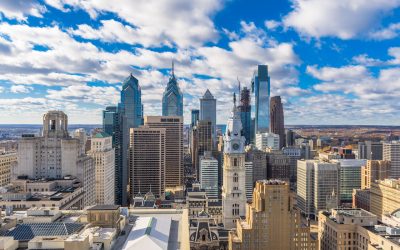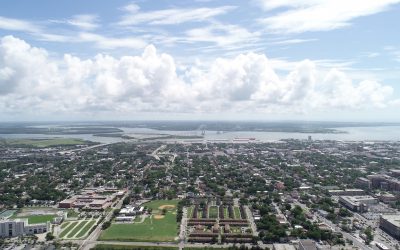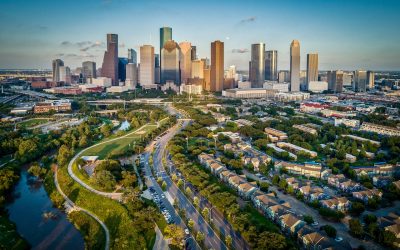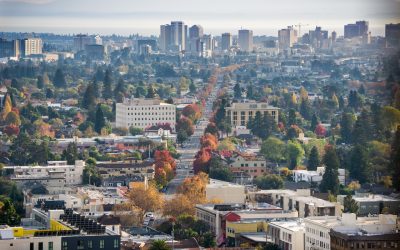Meeting of the Minds
What began as a 2-day summit in Oakland, CA in 2007, has grown into an internationally recognized non-profit organization with world-class events, year-round leadership programming, and an unparalleled digital platform.
Our mission is to bring together urban sustainability and technology leaders across sectors to share knowledge, best practices and catalyze lasting alliances and partnerships. We foster person-to-person and city-to-city learning by curating emerging trends and spotlighting projects and practitioners working on the future of sustainable, resilient, and equitable cities and regions.
We believe that the best solutions and partner ecosystems result from collaboration and engagement across sectors and disciplines. We convene leaders from international bodies, local government, state and federal government, corporates, startups, non-profits, academics and philanthropy.
Meeting of the Minds thanks and acknowledges the support of our current and past sponsors, including:
Foundations
Annie E. Casey Foundation
Barr Foundation
Burton D. Morgan Foundation
Ford Foundation
Lincoln Institute of Land Policy
Living Cities
New Economy Initiative
Paul G. Allen Philanthropies
Robert Wood Johnson Foundation
Rockefeller Foundation
The California Endowment
The California Wellness Foundation
The Cleveland Foundation
The JPB Foundation
The Kresge Foundation
The Volvo Research and Education Foundations
Healthcare
Kaiser Permanente
Sutter Health
Telecom
AT&T
Comcast
Qualcomm
Verizon
Global Technology Leaders
Cisco
Dassault Systémes
IBM
Itron
Microsoft
Oracle
Philips Lighting/Signify
Schneider Electric
Siemens
Transportation Leaders
Bombardier
Cubic
Daimler/Car2Go
Ford
JUMP Bikes/UBER
Lacuna
Keolis
Lyft
Streetlight Data
Toyota
Zipcar
Financial Institutions
JPMorgan Chase
PNC Bank
Wells Fargo
IT & IoT
Atonix Digital
Cleverciti Systems
Iteris
Logicalis
Roadbotics
RelayR Corp
Planning, Design, Architecture, Real Estate, Engineering, Construction
Black & Veatch
CBRE
CH2M Hill
Colliers
DKS Associates
Jones Lang LaSalle
Oxford Properties Group
Ramboll
Skidmore Owings & Merrill
WSP
Consulting Firms
Cognizant
ENGIE Impact
Deloitte
EY
PwC
Government
Ann Arbor SPARK
City of Berkeley, CA
Cuyahoga County
Federal Reserve Bank of San Francisco
JobsOhio
Metrolinx
State of Michigan
Resources: Water and Energy
AEP Ohio
DTE Energy
Festival Hydro
FirstEnergy
Marin Clean Energy
Natural Resources Defense Council
Sacramento Municipal Utility District
Shell
Xylem Water
Innovators
Cleveland Neighborhood Progress
JumpStart
Natural Resources Defense Fund
Rock Ventures
The New School
University of California
UrbanFootprint
Recent Webinars
Recent Articles
The Key to Philadelphia’s Bike Share Access: Partnership
The key to the Access Pass success was to make sure from the beginning that it was as easy to sign up for as possible. Eligible residents only need to input their Access Pass number into Indego’s website to make use of the discounted option. While BTS figured out the technical side of setting up the Access Pass, the Coalition has been vital to getting the word out about this alternative, and encouraging individuals to enroll.
Developing Resilient Communities within Cities
Progress needs to be made in the evaluation of approaches to developing resilient communities. The evidence base for the effectiveness of these approaches is currently lagging behind practice. Funding for evaluation is generally too short-term to offer scope for capturing the developmental nature of community resilience related activity and evaluations on wider outcomes are lacking.
The Urgent Need for Public-Private Collaboration for Improving Disaster Resilience
Disaster resilience is frequently pursued separately by the public and private sectors in the US. Federal, state, and local governments take it as their role to execute disaster preparedness and emergency response for their populations; however, economic recovery is often not addressed. The public sector does not necessarily engage businesses, nor does it seem to plan for the economic “reboot” required after a disaster, resulting in business disruption continuing for much longer.
How Local Governments Can Meet Ambitious Solar Energy Goals
The clout of local governments should never be underestimated. When Xcel Energy recently made the monumental decision to pursue a 100% carbon reduction goal by 2050, Chairman and CEO Ben Fowke noted that local communities are already leading the charge.
The Smart City is Enabled and Sustained by Trust
For city residents and businesses, trust is closely aligned with outcomes. When a city creates services that consistently provide the outcomes residents and others expect and rely on, at a fair cost, then a sense of trust is earned and reinforced. Residents expect that the bus service gets them to work and back home safely and on time everyday. When that occurs consistently, they will trust and rely on the bus as their main commute choice.
4 Keys to Improving Safety for Urban Bikers & Pedestrians
For many people, the deciding factor in whether to walk or bike isn’t whether there is one really awesome stretch of bike lane or sidewalk on the trip – instead, it is the least safe link in their journey. If we want families, kids, and normal, death-averse people to bike and walk, we need to think about how to design crossings so that people can safely and conveniently get from any area of town to any other.




